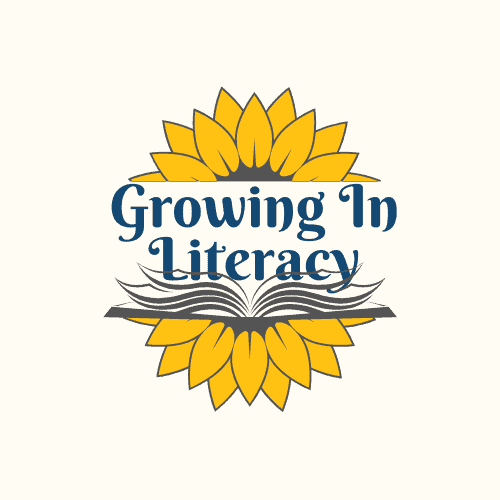The Importance of Nursery Rhymes in Reading Development
While reciting nursery rhymes or singing songs with your baby might be a good way to pass the time or keep their attention for a few moments, sharing these traditional rhymes with your child is very important for their future reading, language, cognitive, and social/emotional development.
While some parents might feel that the nursery rhymes and songs they learned as a child are old-fashioned, they are essential for your child to learn.
By teaching your child and revisiting traditional nursery rhymes, songs, and finger plays, you are growing foundational literacy skills with your child…and having fun while doing it!
Here are some of the major benefits of nursery rhymes, along with a free resource with many nursery rhymes, finger plays, and songs to start teaching your child.
Early Literacy and Reading Skills
Nursery rhymes teach children about the sounds and rhythms of language. This is an important puzzle piece that is necessary within the complicated process of early literacy and reading development.
You often move fingers from left to right when doing fingerplays with rhymes. The repeated actions from left to right prepare young children for how they will read and write in the English language. Pointing at the words of nursery rhymes as you read them in a book will also help reinforce this idea for them.
Nursery rhymes always tell some story. And each story has a beginning, middle, and end. This is a critical part of reading, and once children can sequence stories in order, they are more predictable for them when they begin reading.
Since nursery rhymes are short and often repeated many times, it creates a great opportunity for children to notice sound patterns in words and notice rhymes. When children start grasping the concepts of rhymes and hear that words are made up of sounds, they already understand the basics of reading.
Language Development
Nursery rhymes are a great way to engage in dialogue with your child. And by teaching your child nursery rhymes, finger plays, and songs, you will start building their language in multiple ways.
Here are a few examples:
- Develop listening skills to hear the patterns and sounds of speech
- Develop listening comprehension in which they can understand what is spoken to them and can respond
- Increase vocabulary by learning new words
- Learn how to articulate words
- Learn how to change pitch, volume, and inflection in their voice
- Can repeat common phrases from the nursery rhymes they know, which often become some of their first words!
Cognitive (Brain) Development
When listening to rhymes, the rhythm and patterns promote memorization. This helps improve memory skills for young children. Memorization also helps concentration and critical thinking skills.
Early Math Skills
Numbers, patterns, and other mathematical-related topics are often used in nursery rhymes and fingerplays. Concepts like bigger and smaller, tall and short, and counting forward and backward are all important early math concepts that young children need to develop.
Gross Motor Development
Whenever you place movement or actions along with a rhyme, you are helping to build your child’s gross motor development. Gross motor skills are physical movements that require the whole body and use the major muscle groups. These gross motor skills help with children’s balance, coordination, endurance, and strength.
Imagination and Creative Thinking
Encouraging children to act out nursery rhymes or participate in finger plays opens up their imagination and creative thinking skills. These skills are important for their early development but also help them when they begin reading books independently.
By having a firm foundation in imaginative and creative thinking, children can visualize what they read in books much easier, allowing them to enjoy and understand books better.
Social/Emotional Skills
Using nursery rhymes and songs often with your children helps to strengthen your bond with them. It provides a sense of security for them and gives them something to remember when sad or overwhelmed. The rhymes will become comforting memory in times of stress. You will also create a lot of wonderful memories together!
Tips for Parents
If you are unsure how to begin sharing nursery rhymes with your child, here are some quick tips.
- Stick to a few nursery rhymes you are comfortable with and share them often with your child. As you get more comfortable, you can learn more and share them.
- Add actions to the rhymes as you say them together. Not only is this fun, but it also helps your child remember the rhymes and focuses on many great developmental skills.
- Incorporate rhymes whenever you have time within your day. You don’t need to dedicate a certain time of the day for rhyming, just whenever works for you and your schedule.
- Have FUN!! If you are having fun sharing and singing rhymes with your child, they are much more likely to have fun with it too! Even though you build important skills when you rhyme, that is no reason not to have fun!
If you want a list featuring some of the best rhymes, songs, and fingerplays for young children, download my free resource! I also include videos with each song or rhyme to help give you the confidence to start sharing them with your child!


